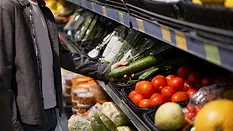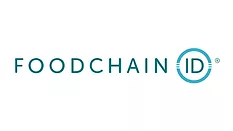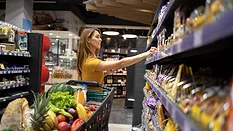
Traceability/Recall
Traceability is one of FDA's main goals outlined in the New Era of Smarter Food Safety. Enhanced traceability of food products will help speed foodborne illness outbreak response and prevention, as well as increase the speed and efficiency of recalling contaminated or mislabeled food from the market.
Articles
More ArticlesPodcasts
More PodcastsNever miss the latest news and trends driving the food safety industry
Newsletters | Website | eMagazine
JOIN TODAY!Copyright ©2026. All Rights Reserved BNP Media.
Design, CMS, Hosting & Web Development :: ePublishing



